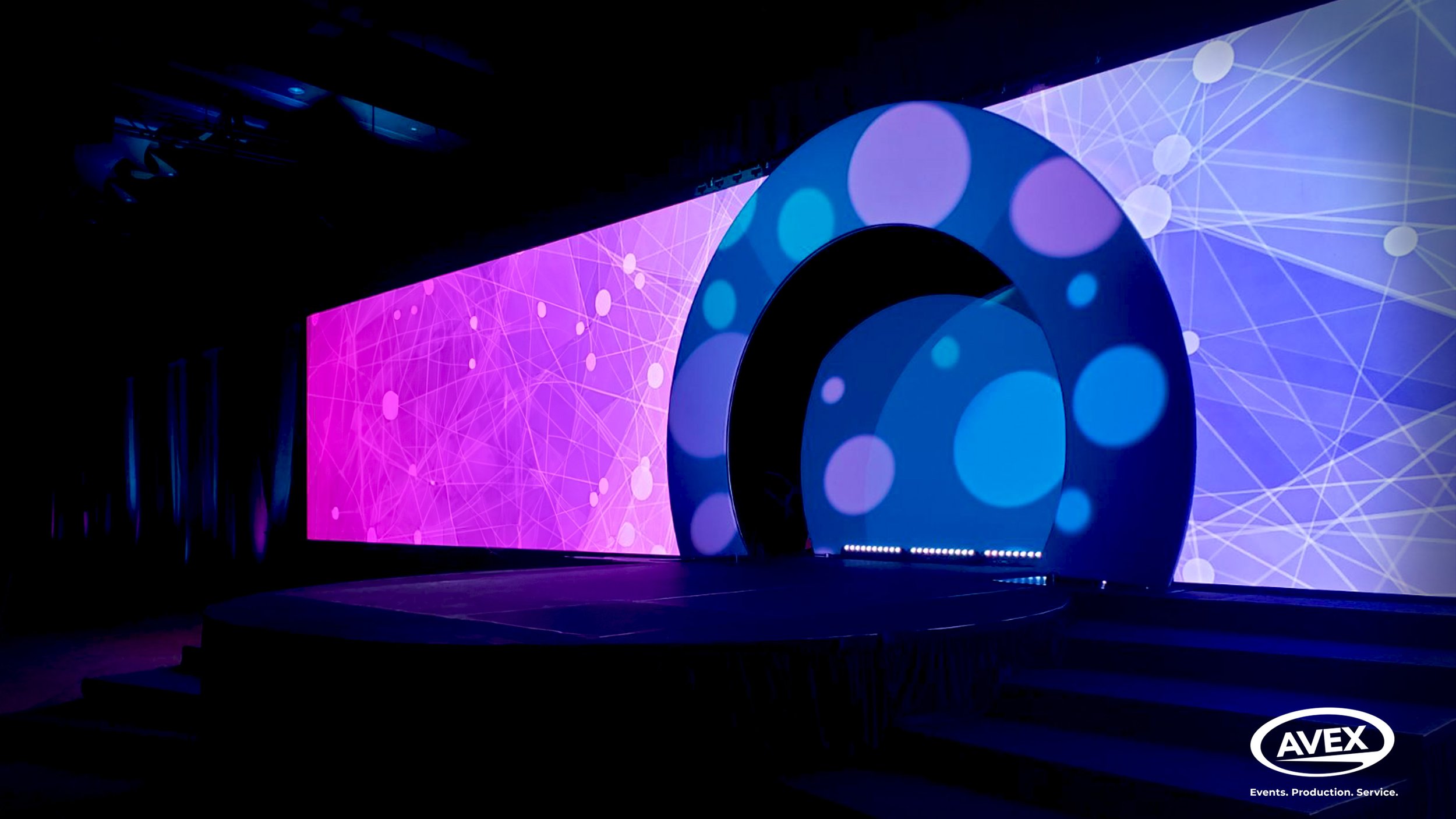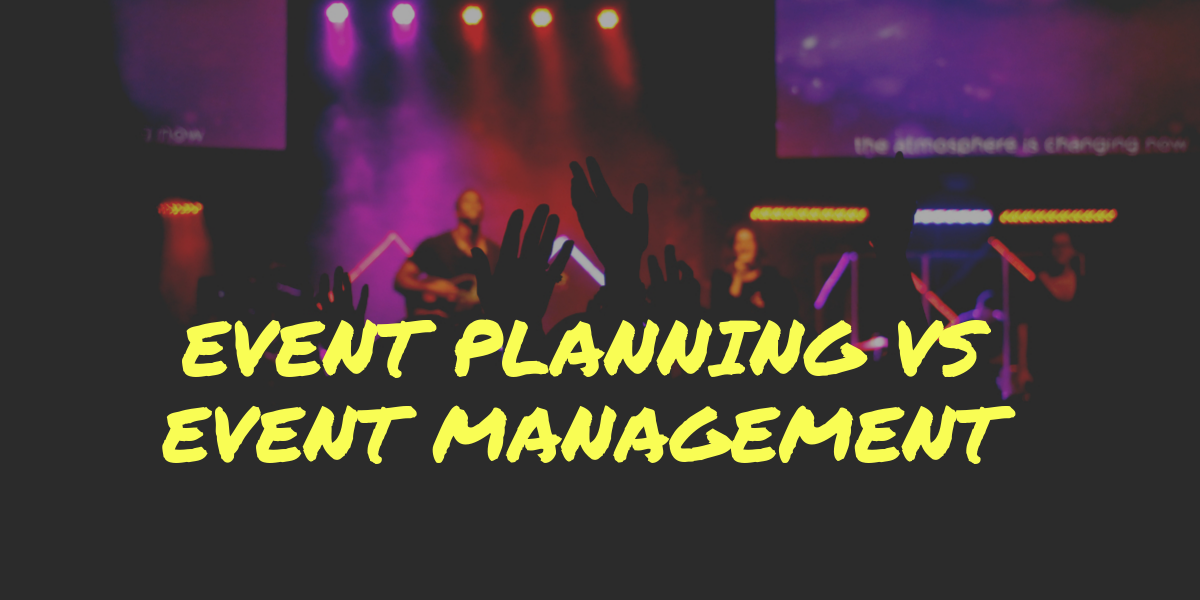Recognizing How Events Production Functions: A Comprehensive Summary of the Process
The ins and outs of event manufacturing need a methodical strategy that integrates several stages, each playing a crucial duty in the total success of an occasion. Comprehending the subtleties of budgeting, source allocation, and on-site administration is important for any professional in this field.
First Planning and Principle Development
Efficient preliminary preparation and concept development act as the structure for effective occasions production. This stage involves defining the occasion's function, target market, and preferred results. A clear vision is necessary; it overviews all subsequent choices and helps align the team's initiatives towards a common goal.
Throughout this stage, brainstorming sessions can be important. Involving stakeholders, consisting of clients, enrollers, and prospective attendees, cultivates a collaborative atmosphere that creates innovative concepts. Furthermore, comprehensive marketing research need to be conducted to comprehend fads, choices, and possible challenges.
As soon as the idea is developed, it is vital to create a detailed occasion overview. This summary needs to consist of the event's motif, layout, and vital activities. Establishing a timeline is just as crucial, as it aids to handle jobs and deadlines successfully.
Budgeting and Source Allowance
With a strong principle in place, interest has to turn to budgeting and source allotment, which are vital parts in implementing the occasion efficiently. A distinct budget plan serves as a roadmap, detailing all expected prices and available resources - Event Productions.
Source allotment includes appointing both human and financial resources to various tasks and parts of the event. Prioritization is essential; necessary components ought to get adequate financing while less essential aspects may need a more conservative approach. Contingency preparation is important-- assigning a section of the spending plan for unexpected expenses can reduce financial risks.
On top of that, reliable interaction among team participants pertaining to spending plan restrictions cultivates cooperation and advancement. This promotes the liable use of resources and encourages creative services to remain within budget plan. Eventually, a critical technique to budgeting and resource appropriation lays the groundwork for a successful event, allowing coordinators to concentrate on delivering an unforgettable experience for guests while keeping monetary stability.
Logistics and Control
Navigating the complexities of logistics and sychronisation is necessary for the seamless implementation of any occasion. This phase entails precise preparation and company to make sure that all elements operate in consistency. Crucial element consist of location choice, transportation setups, and the scheduling of numerous tasks.
Efficient logistics begins with a detailed analysis of the location's abilities and limitations. This consists of comprehending the format, gain access to factors, and readily available sources. When the location is confirmed, transportation logistics need to be developed, incorporating the activity of attendees, devices, and materials. Working with these aspects calls for partnership with suppliers, vendors, and transport solutions to guarantee prompt deliveries and pickups.
One more important element is the growth of a detailed timeline that outlines all logistical aspects leading up to the event. This timeline serves as a roadmap, detailing key landmarks and due dates for tasks such as tools configuration, providing services, and audiovisual setups. Normal communication with all stakeholders is vital look at this web-site to deal with any kind of prospective problems proactively.
Execution and On-Site Administration
Effective implementation and on-site administration are critical for changing careful strategies right into truth during an event. Their capacity to make real-time decisions can substantially impact the event's success.
A well-defined routine is essential, functioning as a roadmap for all activities. Occasion managers need to make certain that configuration occurs on schedule, adhering to timelines for sound checks, catering distributions, and guest arrivals. Efficient analytic skills are additionally essential; unanticipated challenges can emerge, calling for fast thinking and flexibility to keep the event's circulation.
In addition, interest to guest experience is critical. Keeping track of guest communications, making sure safety and security procedures are complied with, and next page giving support personnel to address concerns promotes a favorable ambience. This level of interaction not just enhances the total experience yet also reflects the professionalism and reliability of the event team. Event Productions. Eventually, effective implementation and on-site management hinge on in-depth prep work, effective communication, and a commitment to delivering a remarkable occasion for all involved.

Post-Event Analysis and Comments
The end result of any kind of occasion exists not just in its implementation yet also in the detailed examination that complies with. Post-event analysis is necessary for establishing the total success of the occasion and determining locations for enhancement. This procedure usually entails celebration comments from different stakeholders, including attendees, suppliers, and group participants, to gain a detailed viewpoint on their experiences.
To structure the assessment, event organizers frequently utilize surveys and interviews, concentrating on essential performance indicators such as participant complete satisfaction, logistical effectiveness, and budget adherence. Evaluating this data allows planners to assess whether the event satisfied its purposes and to comprehend the toughness and weak points of the implementation.
By methodically attending to comments and carrying out adjustments, occasion experts can enhance their techniques, eventually leading to even more effective and impactful events. In verdict, post-event evaluation is a crucial action in the event production procedure that makes certain ongoing development and excellence in future endeavors (Event Productions).
Conclusion

The details of occasion production demand a methodical technique that incorporates numerous stages, each playing an important duty in the total success of an occasion.With a strong idea in location, attention has to transform to budgeting and source allocation, which are crucial elements in carrying out the occasion successfully.Resource allowance entails assigning both financial and human resources to various jobs and components of the event. Inevitably, a tactical method to budgeting and source allotment lays the groundwork for an effective occasion, allowing planners to concentrate on providing an unforgettable experience for attendees while preserving economic stability.
